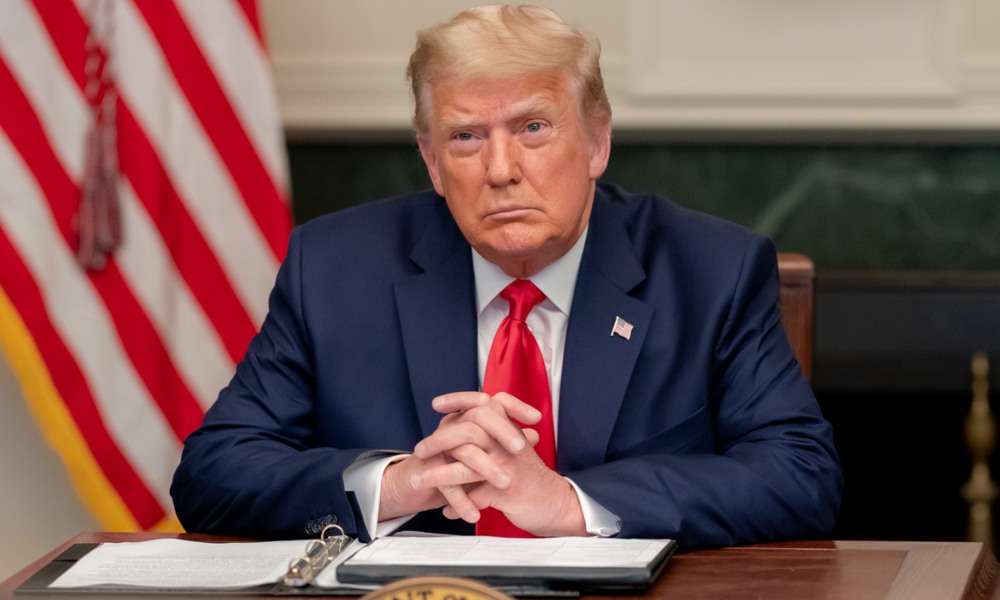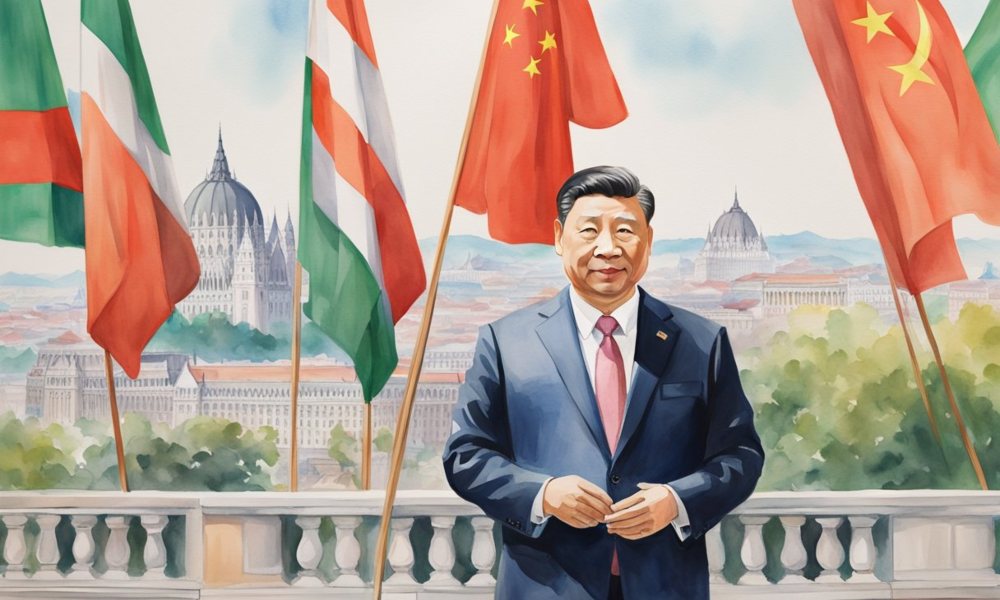President Xi Jinping of China arrived in Hungary for his European tour. Here are the key points about his visit:
- Xi will meet with Hungary’s president and prime minister
- China has invested over $16 billion in factories and projects in Hungary
- Xi is expected to visit some of the significant Chinese investment sites
- Hungary hopes to benefit from close ties with the world’s most populous nation
Why is this small European country so important to China’s leader? Let’s take a closer look.
Warm Welcome to Budapest
When Xi landed in the Hungarian capital, Budapest, on Monday, the prime minister and his wife greeted the Chinese president personally. This warm welcome shows how much Hungary values its relationship with China.
Nick Thorp, a reporter in Budapest, said “It’s pretty astonishing really that this small country of 9.7 million people has managed to attract Xi, the leader of a country with 1.4 billion people, to visit.”
Huge Chinese Investment
Over the past few years, Chinese companies have poured billions of dollars into Hungary to build factories and carry out significant projects. Thorp stated, “$16 billion worth of ongoing Chinese investment in Hungary this year.”
Some of the most significant investments are building automotive plants to manufacture cars, batteries, and parts. Chinese automakers likely want a foothold in Hungary to easily access and supply the vast European car market, especially in neighboring Germany.
Strategic Location in Europe
Thorp explained, “Hungary is very well placed to supply [the European market] because the Hungarian market is not very large. From here, those Chinese car factories can supply the German car market.”
Being in central Europe makes Hungary an ideal location for Chinese companies to build factories. Their products can then be exported tariff-free to customers across the European Union nations.
Potential Downsides for China
However, Thorp noted there could be some risks to China’s heavy investment in Hungary’s manufacturing sector:
“One of the concerns is perhaps it’s a gamble from the Hungarian prime minister to oversupply the European market. China has trouble with potential tariffs bringing vehicles into Europe, with logjams at ports.”
By moving production to Hungary, Chinese automakers can avoid potential new tariffs the European Union may put on importing vehicles made in China. But they could end up oversupplying the regional market with cars.
Closer Partnership Benefits
Despite some potential pitfalls, the deepening economic ties between the two nations are a “Hungarian success story,” as Thorp described it. The landlocked European country of under 10 million people has attracted massive Chinese capital investment and forged closer partnerships with the rising superpower.
For China’s part, gaining a manufacturing base within the European Union’s borders gives it better access to sell to over 500 million regional consumers. The strategic relationship holds promise for both sides.
But only time will tell if Hungary’s courtship of Beijing will genuinely pay off in the long run. Have they opened the door too wide to Chinese influence and control over their economy? The future remains uncertain.
















